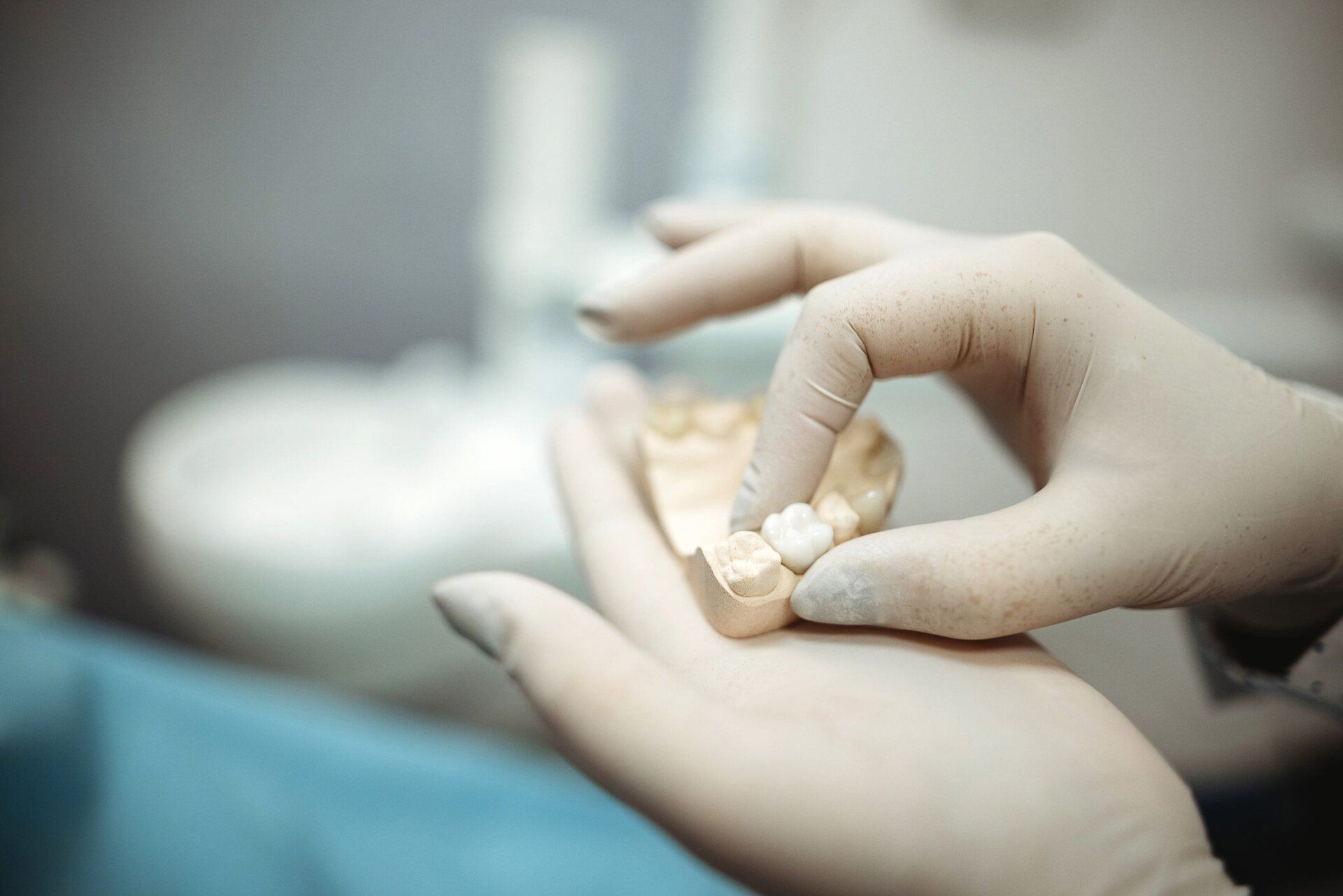3 Common Sweeteners and Your Teeth
If you have heard plenty of warnings over the years about sugar's potential to damage your teeth, you may find yourself wondering what kind of sweetening agent, if any, you can safely consume or serve to your family with any regularity. The many kinds of sweeteners currently available in grocery stores may only add to your confusion.
The more you understand how different sweeteners affect your dental health, the more easily you can make wise decisions about this aspect of your household meal, snack, and beverage consumption. Take a look at some key pros and cons of these three common kinds of sweetening agents.
1. Sucrose and Fructose
When many people think of sugar, either sucrose or fructose comes to mind. Sucrose, a natural product derived from sugar cane, finds its way into countless homes in syrup, cube, and granulated forms. Manufacturers add fructose, an even sweeter-tasting natural sugar found in fruits and vegetables, to a wide range of foods and beverages.
Dentists widely consider these naturally occurring sugars (along with nearly identical variations such as beet sugar and brown sugar) as the most damaging kind of sweetener to your dental health. When oral bacteria eat these sugars, they produce acids that erode tooth enamel and produce the holes in your teeth known as cavities.
Sucrose and fructose can prove especially harmful if you consume them in sticky candies. The longer these products adhere to your tooth surfaces, the more time bacteria have to produce destructive acids. If you must use products containing these sugars, get into the habit of rinsing your mouth thoroughly with water afterward.
2. Aspartame and Saccharin
Many people who avoid sugar, either to preserve their dental health or to help control other health problems, turn to aspartame as an alternative. This artificial sweetener contributes no calories to your waistline and doesn't trigger the same production of acids from bacteria, making it appear more toothfriendly at first glance.
Saccharin remains on the market as a popular artificial sweetener, despite early controversy over its ability to cause cancer (on lab rats, and in large quantities). Like aspartame, saccharin registers on the taste buds as much sweeter than sugar without creating lots of acid that might lead to cavities.
Many people add saccharin to their drinks or use it as a sugar replacement when baking, while aspartame sees common use both for these purposes and as a sweetener for dandies and drinks. However, these candies and drinks can still do considerable damage to your teeth because they contain high levels of enamel-eroding citric acid.
4. Sugar Alcohols
Sweeteners such as sucralose, mannitol, maltitol, sorbitol, and xylitol belong to the family known as sugar alcohols. These hybrids of sugar and alcohol molecules typically come from natural sources. Sugar alcohols see widespread use in sugarless candies, mints, and chewing gum.
Like aspartame and saccharin, sugar alcohols don't contribute to acid production in your mouth. Unlike those products, however, some sugar alcohols may actually provide dental benefits. Xylitol, in particular, appears to kill oral bacteria that might otherwise cause cavities, possibly aiding your efforts to maintain healthy teeth.
The main downside of sugar alcohols involves their potential impact on the digestive system. Since these products don't get completely absorbed by the intestines, they can act like fiber to produce a laxative effect. If you choose this kind of sweetener, you may need to limit your consumption or supplement with a probiotic.
New England Dental Health Services P.C. can provide valuable preventative recommendations to help you and your loved ones protect your teeth, from dietary choices to home hygiene practices. Contact our Orange or Meriden location today to schedule a consultation.






